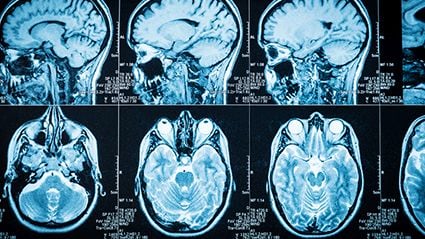
A strong relationship can help a breast cancer survivor thrive in the aftermath of their terrible ordeal, a new study finds. Diagnosis and treatment of breast cancer places tremendous stress on the women and their partners, researchers said. Those women in a solid relationship with their partner tend to have less depression and fatigue following… read on > read on >


















